In the high-stakes world of sales, where metrics, KPIs, and revenue reign supreme, there's an often-overlooked element that can make or break a deal: rapport. While the MEDDIC framework provides a robust structure for sales qualification and deal-closing, it's the art of building rapport that breathes life into each of its components. This article aims to shed light on this critical, yet frequently underestimated, aspect of sales. We'll delve into the psychology of rapport, explore advanced techniques for its cultivation, and examine its symbiotic relationship with the MEDDIC framework.
The Psychology of Rapport: More Than Just "Getting Along"
Rapport isn't just about being friendly or likeable. It's a complex psychological state characterized by mutual attention, shared positivity, and coordinated nonverbal behaviors. Studies in neuroscience have shown that when rapport is high, brainwave patterns between the interacting parties can actually synchronize, leading to heightened mutual understanding and cooperation. Rapport is a multi-layered psychological phenomenon that goes beyond surface-level interactions. It's about creating a deep sense of trust and mutual understanding.
Advanced Techniques for Building Rapport
Mirroring and Matching
This technique involves subtly mimicking the other person's body language, tone, and speech patterns. The goal is not to parrot them but to create a sense of familiarity and comfort.
Strategic Vulnerability
Sharing a small, non-critical piece of personal information can make you appear more human and relatable. This can be as simple as mentioning your love for hiking or your passion for cooking.
Cognitive Empathy
This goes beyond just understanding what the customer is saying; it's about understanding their thought process and emotional state. This level of empathy can provide invaluable insights into how to present your solution in a way that resonates with them.
Key Takeaway: Advanced rapport-building techniques like mirroring and matching, strategic vulnerability, and cognitive empathy can significantly enhance your interactions, making them more meaningful and impactful.
The Symbiosis of Rapport and MEDDIC
In the MEDDIC framework—Metrics, Economic Buyer, Decision Criteria, Decision Process, Identify Pain, and Champion—rapport acts as the invisible thread that ties these elements together. For instance:
-
Metrics: A strong rapport can make it easier for you to discuss sensitive topics like metrics and KPIs with the customer.
-
Economic Buyer: Identifying who holds the purse strings becomes less of an interrogation and more of a conversation when there's strong rapport.
-
Decision Criteria & Process: With good rapport, you can gain deeper insights into the customer's decision-making process, allowing you to tailor your pitch more effectively.
Rapport is not an isolated soft skill; it's a strategic tool that enhances every element of the MEDDIC framework. Rapport is the currency of the sales world. It's what turns cold calls into warm leads, prospects into customers, and one-time buyers into lifetime customers.
According to a study by Harvard Business Review, emotionally connected customers are more than twice as valuable as highly satisfied customers. This underscores the strategic importance of building rapport in sales.
Building rapport is not just a "nice-to-have" skill; it's a "must-have" skill. It's the linchpin that holds the MEDDIC framework together, enabling a deeper understanding of customer needs and facilitating smoother sales processes. By mastering the art of building rapport, you're not just closing a deal; you're opening the door to long-term relationships and sustainable success.
FAQs
Q: How crucial is rapport in the MEDDIC framework?
A: Rapport is integral to MEDDIC. It enhances each component, making the sales process smoother and more effective.
Q: Can rapport-building techniques be learned and improved upon?
A: Absolutely. Like any other skill, building rapport can be honed through practice and strategic techniques.
Q: How does rapport affect long-term customer relationships?
A: Strong rapport lays the foundation for long-term trust and loyalty, turning one-time buyers into lifetime customers.



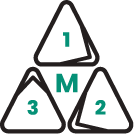

.png)




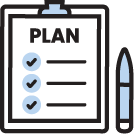
.png)

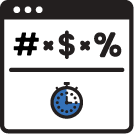

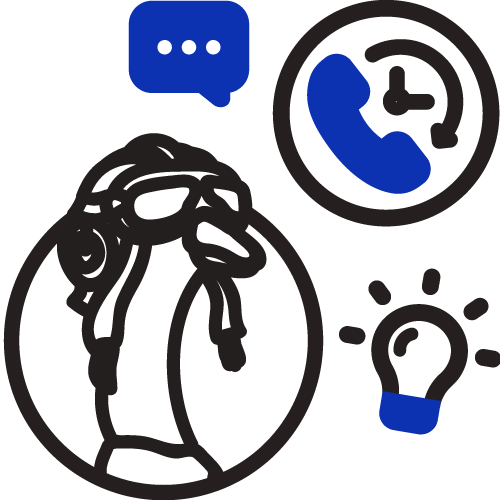















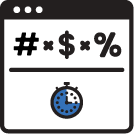





%201.png)








.png)
.png)
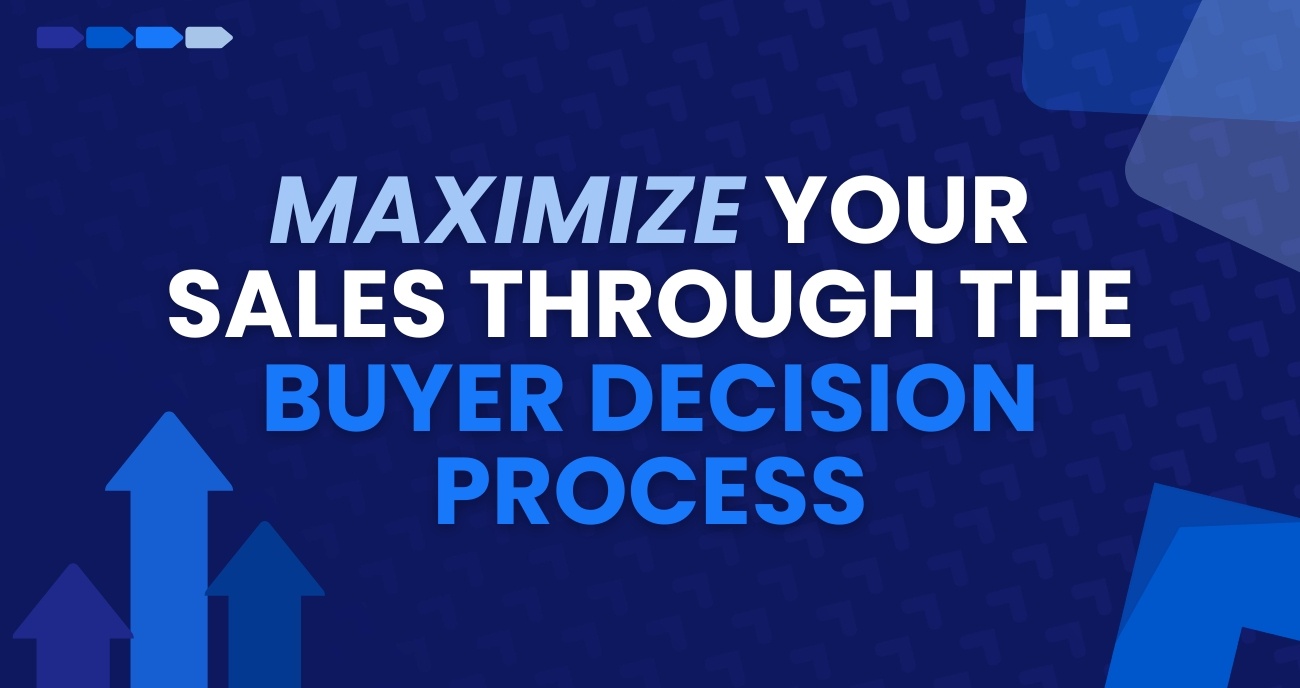
.png)